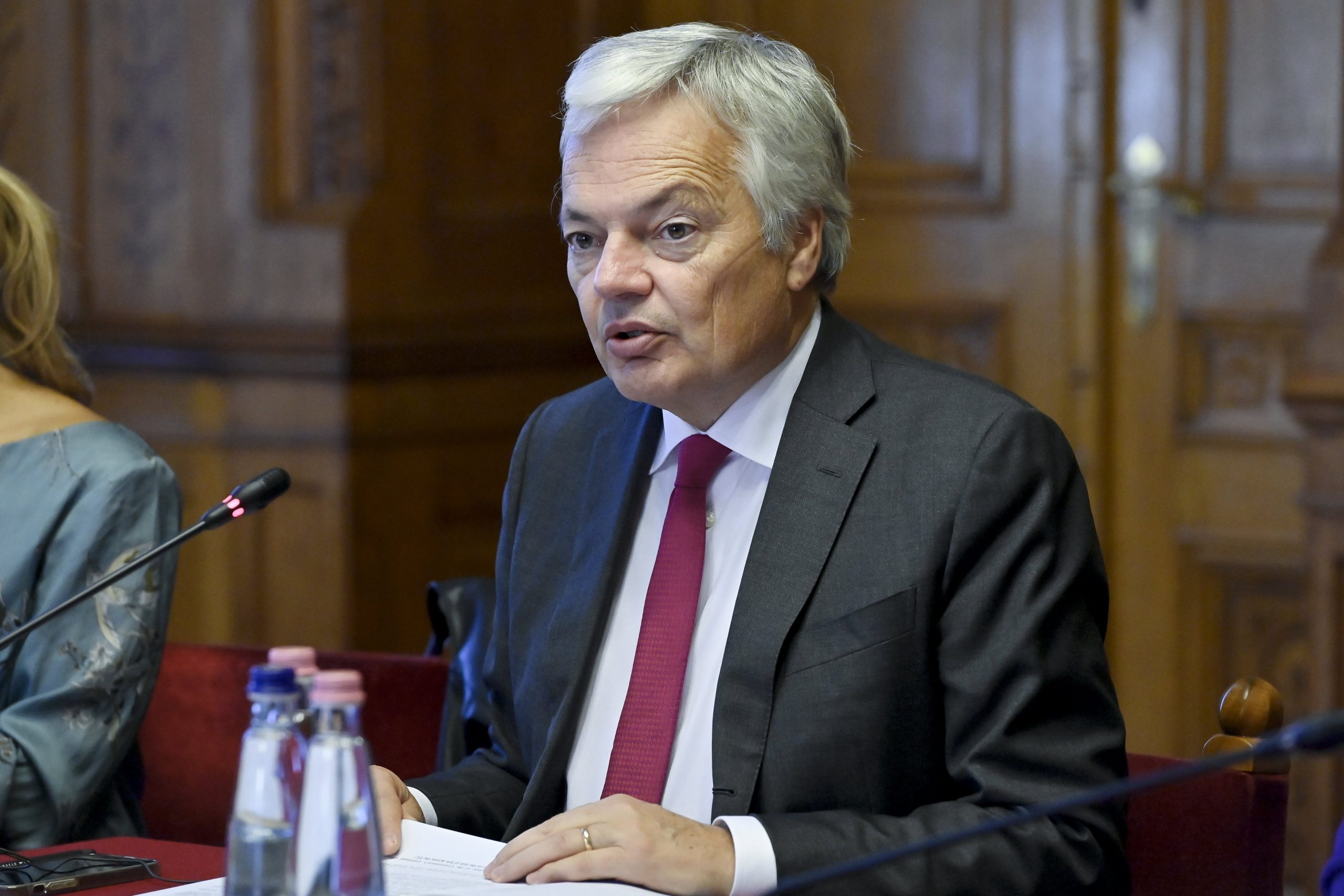
Reynders said he "could not report any positive developments" concerning the state of rule of law in Hungary.Continue reading

Telex reported on a survey designed by the CEU Democracy Institute and conducted by Závecz Research. The survey shows that Fidesz and opposition voters not only perceived the world differently but also cast their votes differently on April 3.
Two approaches were used when asking voters about their motives:
Following the Fidesz vote as a tradition (even including answers such as “the whole family votes for Fidesz”) was a strong factor that the opposition could not do much with during the campaign.
The other two sets of motives were related to war and economic benefits. The material aspects included references mainly to overhead reduction, support for families, young people, and pensioners, as well as salaries, pensions, and various tax benefits.
The following motives are more indicative of satisfaction with the political structure. This includes:
In all the responses, Viktor Orbán’s name appeared exactly as often in a negative context as in a positive one.
The reasons given by voters who supported the six-party coalition in response to an open question pointed rather in one direction: to replace the Orbán government. The change was understood by many as a regime change, a shift from authoritarianism to democracy, and not just a change of government.
The importance of political logic was reinforced by references to stopping corruption and various democratic principles.
Although the defense of democracy, a left-wing or liberal outlook, or the representation of one’s own ideas and values were mentioned by many, there was little evidence of a shared “opposition identity.” While the governing party voters saw their own leader in a very positive light, there were hardly any opposition voters who mentioned Péter Márki-Zay when explaining their vote. Moreover, the motives for supporting the opposition alliance were only sporadic.
Political values and principles, as well as education and healthcare, were also important in the closed question responses.
Among the opposition, there were also people who justified their votes by the need to stay out of the war, to represent Hungarian interests, or to preserve the value of income. The representation of the interests of the Hungarian people was given almost exactly the same weight in the decision-making of the two camps.
As Telex concluded, the Fidesz voter and the opposition voter not only perceived the world differently but also used their vote for different purposes. The former reportedly saw the economy and everyday security as the stakes of the election, while the latter was driven by a desire for transparency, adherence to European values, democracy, and access to quality services.
Featured image: illustration via Attila Balázs/MTI